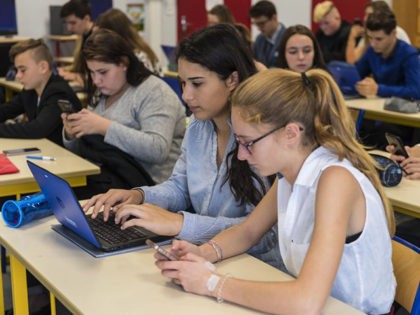Minnesota School District to Allow Temporary Online Learning During ICE Operations
The second-largest school district in Minnesota announced it will offer temporary online learning during Immigration and Customs Enforcement (ICE) operations.
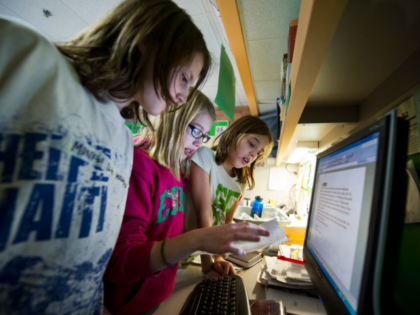
The second-largest school district in Minnesota announced it will offer temporary online learning during Immigration and Customs Enforcement (ICE) operations.

After lockdowns during the pandemic, children who were babies and toddlers are now “academically and developmentally behind.”

Only 36 percent of U.S. adults are satisfied with K-12 education quality in the United States, matching the record low in 2000, a new Gallup survey found.
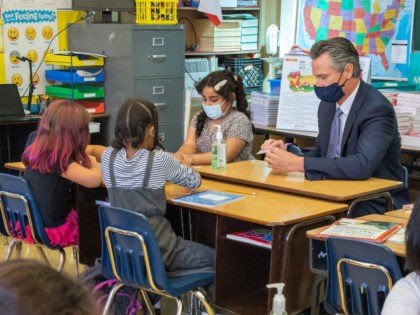
Many colleges are beginning the new semester with remote classes only and delays, even after accepting COVID relief funds.
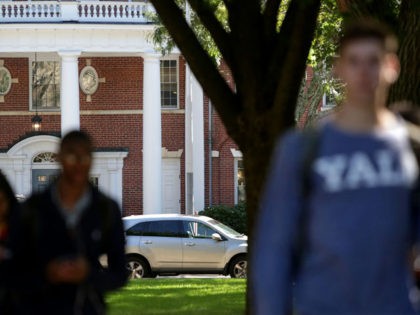
Summer school was intended to help students catch up after many schools were closed to in-person learning this year, but parents are finding the woes are continuing.

Dartmouth Medical School has accused 17 students of cheating while taking tests online. Seven of the cases have already been dismissed after the school admitted the students might not have cheated at all. In the past year, many students have had to take exams remotely, as in-person classes have been canceled due to rules implemented in response to the Chinese coronavirus.
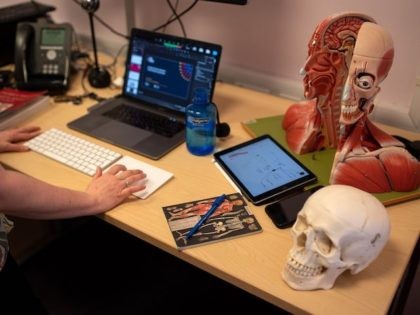
A Queens mom was outraged recently when she realized her son’s Zoom economics class at a Brooklyn high school featured rap videos of drug deals, prostitutes, and off-color language.

Failure rates in English and math for some low-income students in Montgomery County, Maryland have jumped as much as sixfold after the state’s largest public school system switched to remote learning during the pandemic.
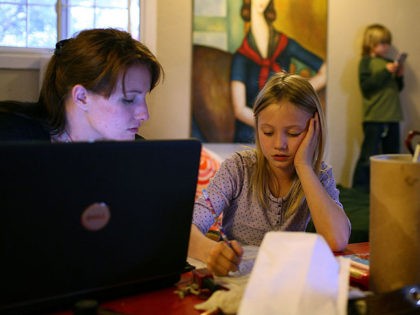
Students have figured out how to exploit testing software that uses AI technology to grade written answers. Several students explained to reporters this week that the software gives perfect scores on essay questions after students simply entered a list of relevant keywords instead of a standard test answer.
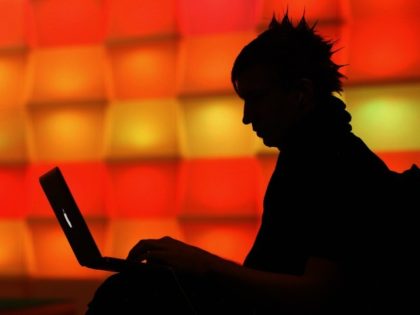
In a letter to the editor published in the University of Notre Dame student newspaper on Tuesday, several professors defended the value of the campus experience. The University of Notre Dame suspended in-person classes last week after a spike in positive coronavirus cases.
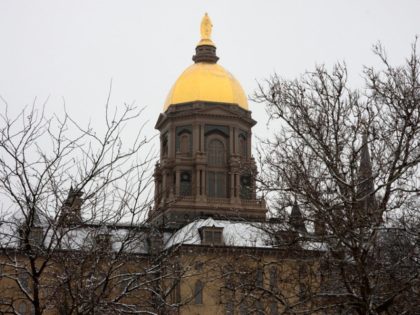
A poll at pro-education reform journal Education Next revealed an overwhelming majority of parents support some online classes for their high school-age children.
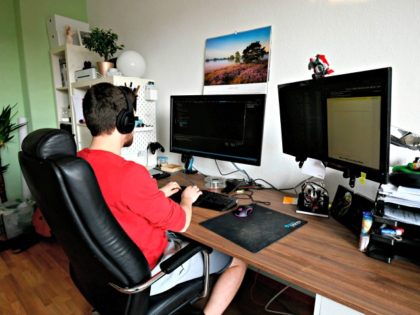
Professors at Georgia Tech in circulated a petition last week that calls on administrators to keep courses online for the fall semester. Over 850 professors and teachers, or about 75% of all instructors and faculty, have signed onto the petition thus far.
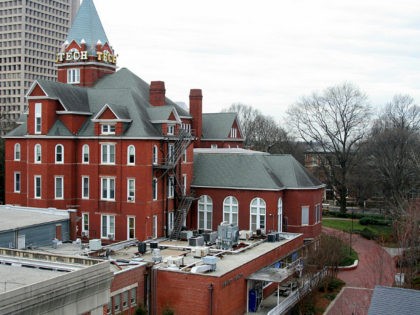
Historically black colleges and universities (HBCU) in Atlanta, Georgia, announced this week that they will keep their courses online for the fall semester. The decision was made in response to a recent surge in coronavirus cases in the state.
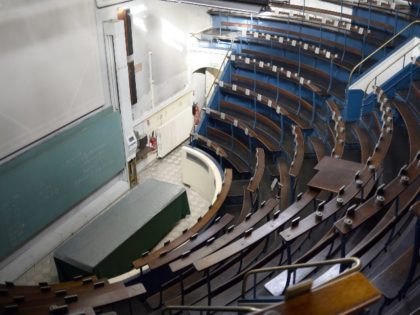
Students at Harvard University are questioning the university’s refusal to reduce tuition costs for the upcoming academic year, when classes will be held entirely online. The cost of tuition for a year at Harvard University is $49,653.
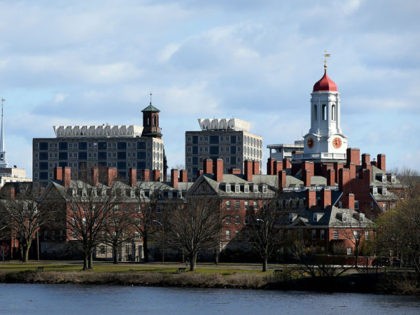
The Florida Board of Bar Examiners announced on Friday that it has replaced its scheduled July bar examination for recent law school graduates with an online examination that will take place in August. Other states, including Oregon, Utah, and Washington, have already canceled the bar exam entirely.
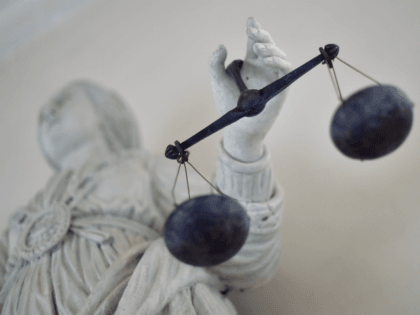
Over one million students that have used the OneClass e-learning platform may have had their personal data breached. A report published on Thursday suggests that the popular educational platform experienced a significant data breach this week, creating a “goldmine for criminal hackers.”
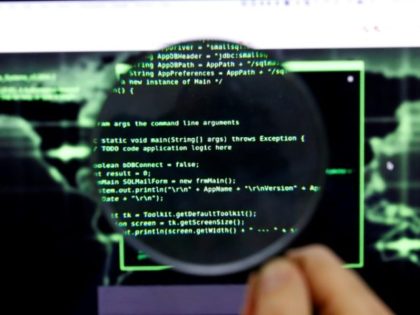
Two Wall Street Journal reporters write that the national experiment in remote learning, courtesy of the coronavirus pandemic, has failed.
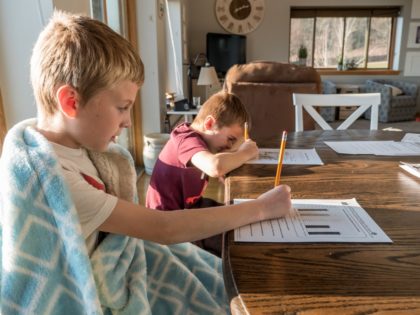
A new poll released by USA Today/Ipsos found that one in five, or 20 percent, of teachers say they are not likely to return to their schools should they reopen in the fall.
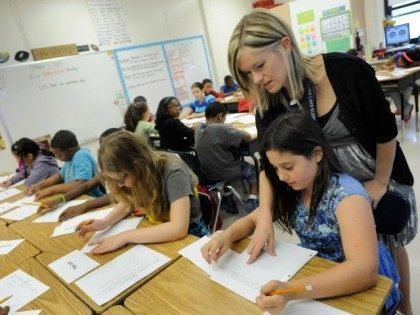
The Cal State University system announced this week that it will not lower tuition for students across its 23 campuses this fall despite its decision to keep classes online. A majority of college students claim that the quality of their education declined when their courses moved online in March. Cal State Students will even be expected to pay campus-based fees for the fall semester.

A recent study revealed that 62 percent of college students acknowledge that they have cheated on tests and coursework, and that online courses have facilitated more opportunities for students to engage in academic dishonesty. According to the National College Testing Association, online classes leave universities “more vulnerable to scandal and controversy related to academic dishonesty.”

Scott Galloway, a business professor at New York University, claims that online learning tools will allow elite universities to monopolize the higher education industry. Galloway has made a series of accurate market predictions, including a prediction that Amazon would purchase Whole Foods.
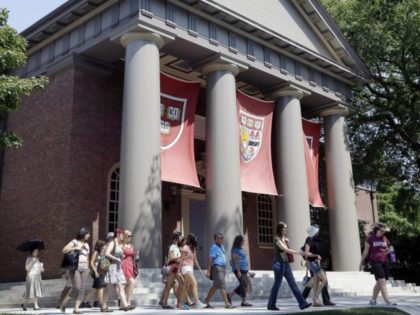
A RealClear Opinion Research poll found 40 percent of families are more likely to homeschool or engage in virtual learning once the coronavirus pandemic subsides.
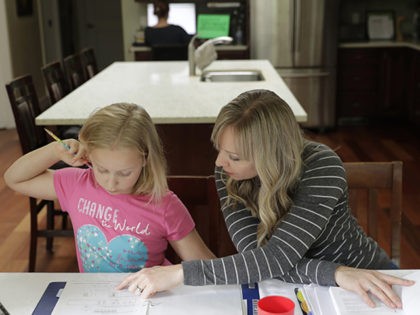
Connecticut Gov. Ned Lamont (D) announced Tuesday K-12 public schools will remain closed for the duration of the academic year due to the coronavirus crisis.
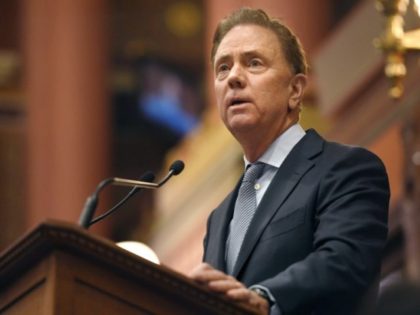
Hillsdale College and its Barney Charter School initiative have launched a series of more than 40 free YouTube videos for parents and their children engaged in at-home learning during the coronavirus outbreak in the United States.

Maryland’s superintendent of schools said she is “not sure” school will look the same for students “going forward” after the coronavirus pandemic subsides.
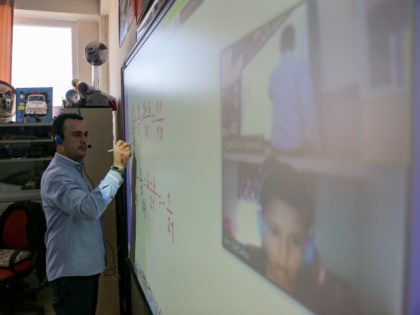
Teachers’ unions and other stakeholders in government-run K-12 schools are seeking billions of dollars in funding in coronavirus relief.

Teachers’ unions and their public school allies are pushing states to clamp down on charter schools during the coronavirus school closures.
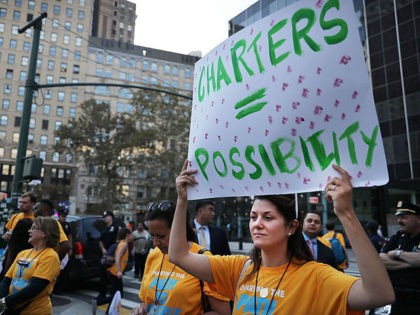
Digital media platform Amaze launched an at-home sex ed video series that teaches children that watching porn is normal.
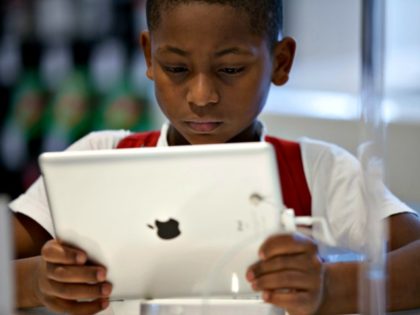
Parents throughout America may be struggling to find ways to encourage their children’s learning while working from home themselves during the coronavirus crisis.

The Scholastic Corporation is offering free online learning for kids whose schools are closed during the Chinese coronavirus pandemic.
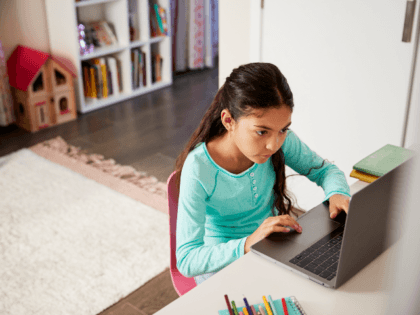
Many school districts across the country are unprepared to implement online learning should the coronavirus force more school closures.
